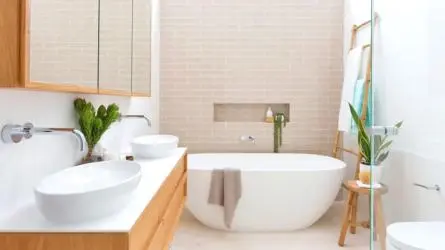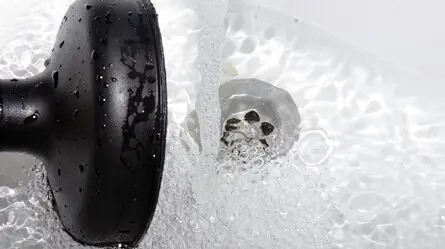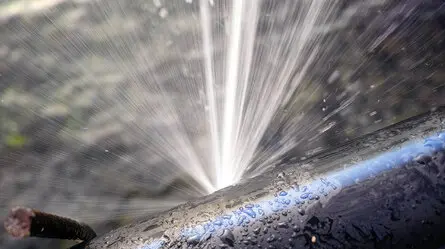Clogged drains are a common menace that most homeowners experience at some point.
However, it is incredibly frustrating to deal with them. A clogged drain in a bathtub, toilet, kitchen sink, or shower can emit an unpleasant smell and significantly damage the overall plumbing system.
Sometimes, a backed-up drain on your home’s plumbing system can cause a mess. You may think your best bet is to contact professionals to clean it. However, we have a few helpful tips and tricks you can employ to ensure that your drains don’t clog easily.
Keeping your plumbing in top shape starts with stopping clogs before they happen. So, dive in to find out how to keep your drains clear, spot early signs of blockages, and use some of the best tricks to tackle this issue.
How To Prevent Blocked Drains At Home?
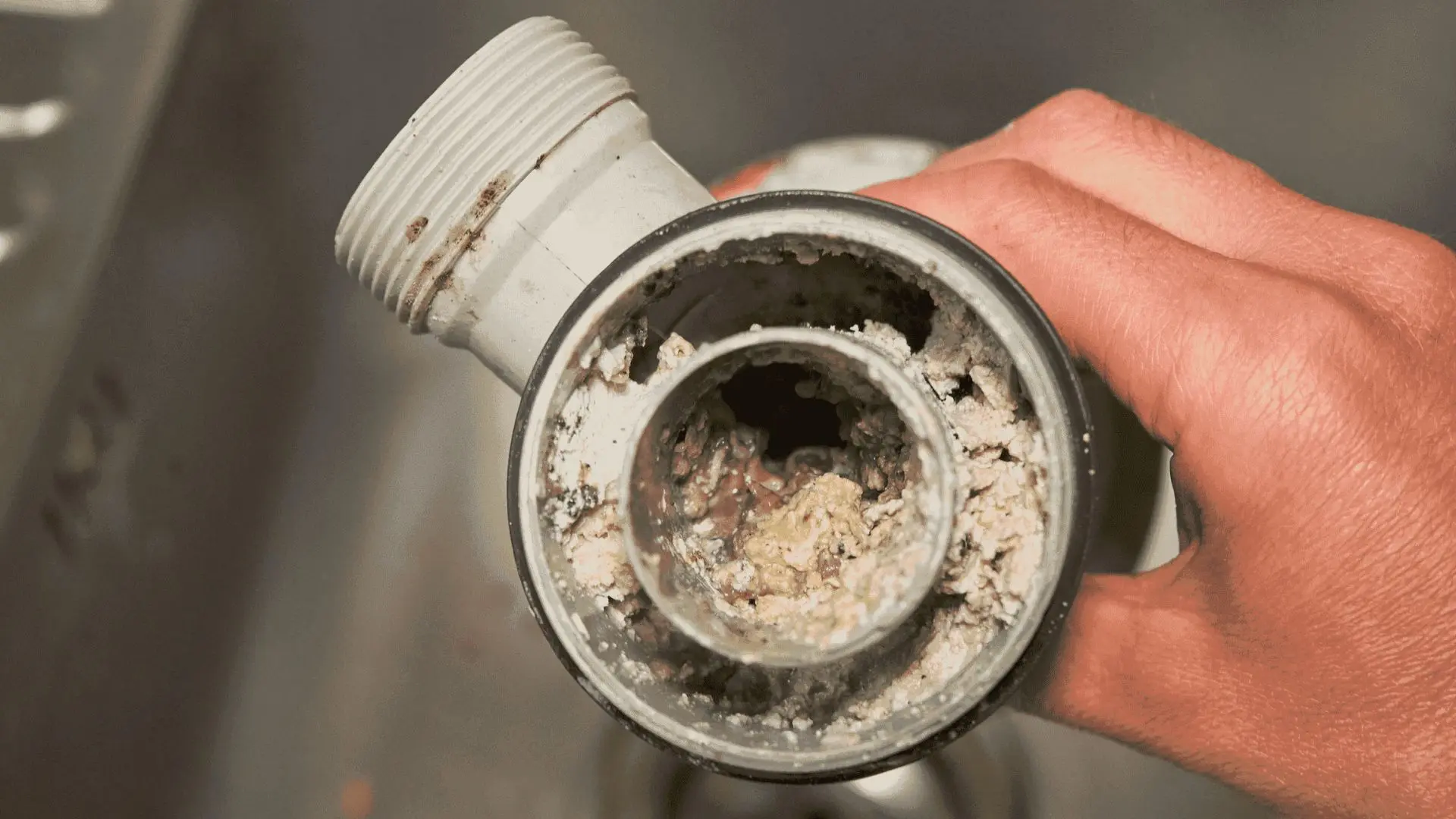
1. Keep An Eye On What Goes Inside The Drain
You don’t often find a blocked drain because of just one rogue object. It’s usually a build-up of solid or semi-solid stuff over time. Too much toilet paper, cooking grease, used cooking oil, feminine products, and even garden debris can lead to blockages. So, keep an eye on what’s going down the drain. If you spot any solids heading that way, stop them right there.
2. Flush The Blocked Drain With Hot Water
Some of the most common reasons behind blocked drains include food waste flushed down the kitchen sink drain. The resultant grease, oils, and fats from these food-related substances block the drains and solidify over time.
Ideally, these kinds of things should never go down the drain. However, despite doing your best, some food scraps, such as grease used in cooking oil and other debris or food particles, eventually wind up in the drain and clog it.
Hence, we recommend pouring hot (but not boiling) water into the drain every week to prevent this issue. This helps break down any solidified waste and clears the passage for the water to go through. However, ensure that you carefully pour boiling water into the drain without splashing it on yourself since hot water can cause burns.
Lastly, transfer any leftover grease, tree roots, coffee grounds, or oil from plates and utensils into a separate container and throw it in the rubbish bin. Keeping your bathroom sink free from hair and debris will also help keep drains flowing freely.
3. Clean The Drains Regularly
As mentioned before, many clogs happen because solid waste piles up over time. Regular cleaning can help keep this build-up at bay.
Common things that usually end up clogging drains (especially the ones in shower drains) are lint, soap scum, and hair. In such cases, you can use a bent hanger or a wire to clear the drain, provided they aren’t too far past the drain’s opening.
You can also pour about 1/2 cup of baking soda down the drain. Wait for 30-40 minutes and pour hot water into the drain. You’ll notice that all the grime and gunk will have dissipated, and your drain will be clean and odourless.
4. Stay Away From Damaging Drain Cleaners
Some drain cleaners contain many chemicals, which have more disadvantages than benefits. For instance, chemical drain cleaners may damage the pipes by corroding them or weakening the joints, impacting the water flow. In the worst case, you could even end up with collapsed or crushed drain pipes. So, it is always advised that you seek the help of a professional if your pipes are old and possibly corroded or if a severe blockage requires a water jetting or plumber’s snake.
In addition, the chemical overload from a drain cleaner may release toxic gases or leave chemical burns on the skin. And they can also contain a multitude of toxins, which can potentially contaminate the groundwater.
Alternatively, you can use baking soda and a cup of vinegar to prevent clogged drains.
5. Use A Good Quality Plunger
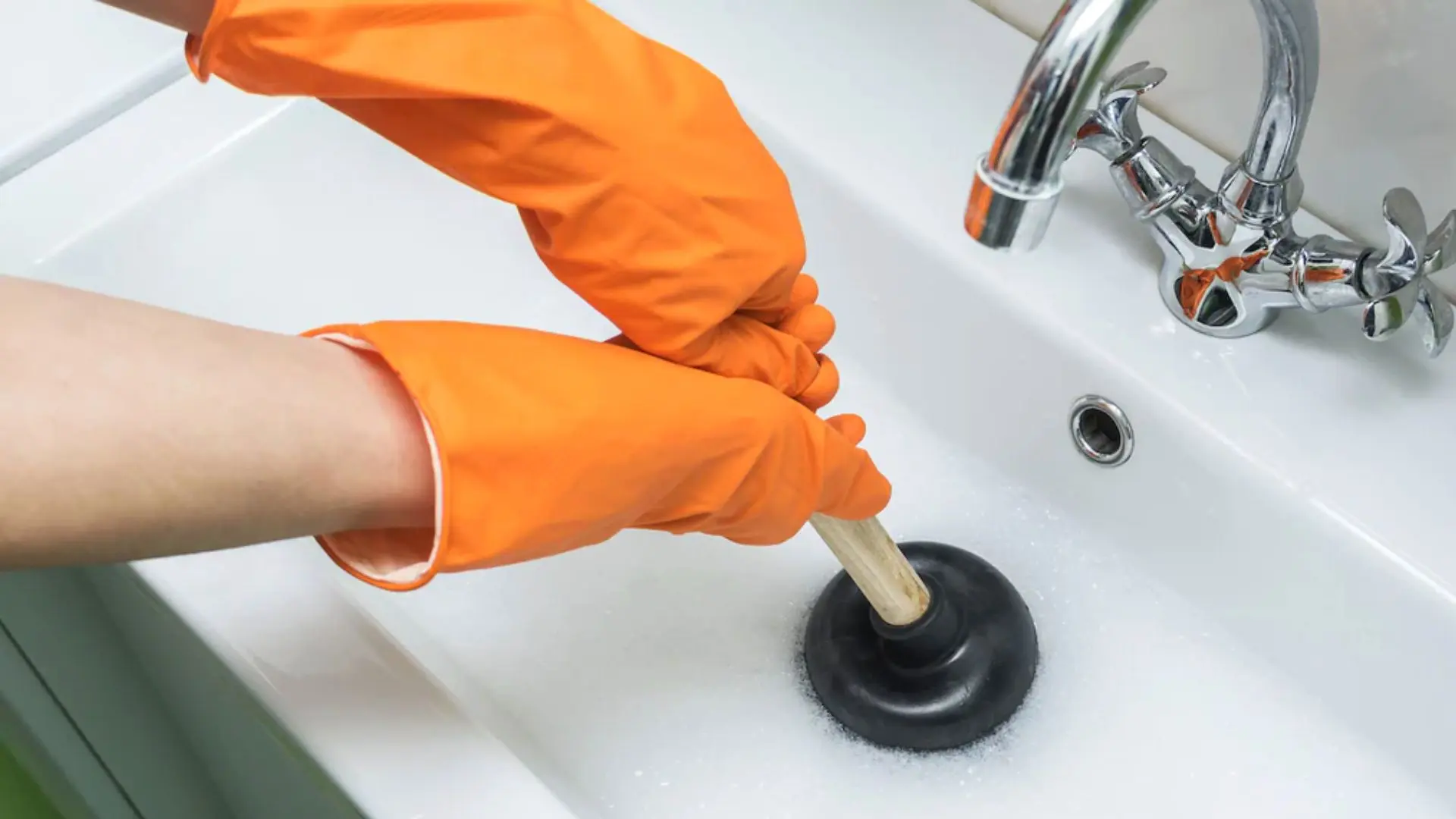
A toilet drainage system can handle human waste and toilet paper (wet wipes, flushable wipes, baby wipes or paper towels) just fine, but flushing away other items will quickly cause a blockage. The water level in the toilet bowl can rise higher or lower than usual when you flush.
A plunger is a necessary tool that helps with drain maintenance and cleaning and is a go-to for most people when a drain blockage appears. Hence, it would help if you always used a good-quality plunger. In this regard, there are two kinds of plungers:
A. Common Cup
This one has a firm, long handle with a cup-shaped structure at the end. This creates pressure on the drain and helps break up blockages. These plungers are great for use with flat surfaces such as tubs and sinks; however, they aren’t adequate with blocked toilets.
B. Flange
Flange plungers are specially designed to be used with toilets. Like their predecessors, they have a similar cup-like structure at their end and a flap that sticks out beyond the cup rim. This flap lets the plunger create a seal with the surface of the toilet drain and clean it.
Ensure that you always use the correct plunger for the job. Plungers have different uses and aren’t interchangeable.
6. Put Drain Strainers Inside Kitchen Sinks
This is among the simplest ways to prevent solids from entering the kitchen drains and household plumbing system. Drain strainers (plug strainers or waste food grinders) are mesh devices usually made from stainless steel. They fit snugly inside the drain to catch any solids coming their way. The best part is that they come in multiple sizes, so you’ll find one that fits your drains, avoids blocked pipes, or may clog a whole sewer system.
However, remember to clean the kitchen drain strainers regularly; otherwise, they’re as good as a blockage themselves. You can also get these for your bathroom or vanity sink to prevent hair and other debris.
Sometimes, tossing food scraps down the kitchen sink happens, but it’s not ideal. So, many people opt for garbage disposals under their sinks. You can also try a large drain strainer or cover for stormwater drains to stop leaves and debris from clogging them.
Keeping Your Drains Clear At Home
Stick to these simple tips, and you’ll keep blockages at bay. But if you hit a serious snag, don’t hesitate to call a plumber to sort it out before it gets worse. Unchecked clogs can weaken pipes over time, causing bigger headaches. Quick tip – use only hot tap water, not boiling, to flush your drains.
Need an emergency plumber to unblock your drainage system? Woolf Plumbing & Gas are Perth Armadale’s expert blocked drain plumbers. So, if you need assistance solving all your plumbing problems and other plumbing needs, We can also help you with general maintenance and tips to prevent blockage issues in the future. So, don’t hesitate to contact us anytime!
And there you have it! That’s a wrap for this guide. Catch you next time!


